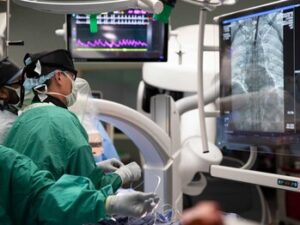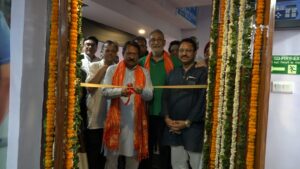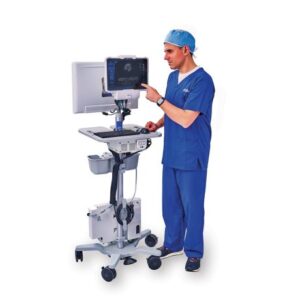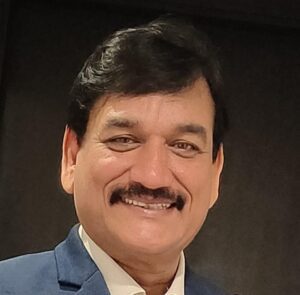
Embracing ESG: SD Biosensor's Proclamation Ceremony
SD Biosensor, Inc. (KQ137310), South Korea’s global in-vitro diagnostics company, announced on September 15 that it held a proclamation ceremony for ESG (Environmental, Social and Corporate Governance) management while executives and employees took part at its headquarters.
In the proclamation ceremony, the executives and employees from the Korean headquarters, European and Asian subsidiaries took part online, shared strategic tasks that can be practiced and shared the idea of conversion to ESG management system.
SD Biosensor presented its ESG management vision as ‘the company contributing to improvement of sustainability for people and the earth through innovative technologies’ and disclosed its orientation to ESG management. Also, SD Biosensor explained about the 3 ESG strategic directions, management for sustainable future, the company working together with its stakeholders, and transparent and sustainable management and stated that it derived 9 strategic tasks and 22 core ESG tasks to be practiced.
SD Biosensor, through systemic management from its early phase of establishment, acquired Environmental Management System ISO 14001*. Additionally, for Jeungpyeong Plant constructed last year, there are plans to acquire additional certifications to simultaneously strengthen its business competitiveness and sustainability.
Aiming to become a global leading company in the area of in-vitro diagnosis tests, it continues customer-oriented management and is fulfilling its responsibilities as a social enterprise by promoting the happiness of executives and employees and respect for the human rights of its stakeholders.
By promoting enterprise-wide ESG management and internalizing communication culture to strengthen corporate sustainability and soundness, it is building a transparent and sound governance structure.
Hyo Keun Lee, the vice-chairman of SD Biosensor, stated, “We will do our best to advance the ESG management system and be reborn as a trusted company by internalizing ESG management in the overall management processes and ensuring continued examination of implementation of our strategies.”








